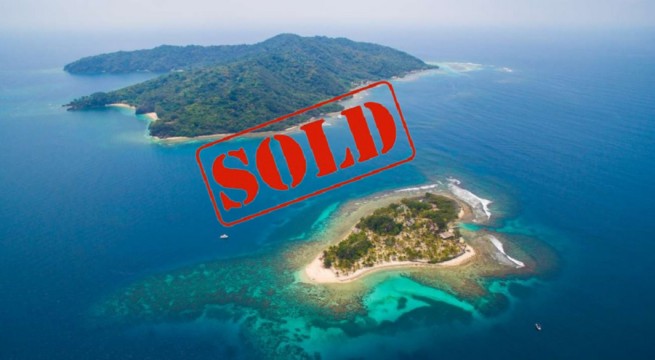“Energy tourists” in Greece have saddled energy suppliers with overdue debts of 300-400 million euros.
“Energy tourists” are typically households and businesses that switch from one electricity supplier to another, leaving bills unpaid.
According to Yannis Mitropoulos, CEO of Natural Gas and President of ESPEN (Energy Retail Companies Association), arrears are “wound up” in the retail electricity market, which is not expected to close in the near future.
He emphasized that in the company he manages, 50% of overdue debts are accounted for by “energy tourists”, which practically means that this practice has doubled overdue debts.
A constant demand from suppliers is the reactivation of Article 42 of the Supply Code (the competence of the Ministry of the Environment and Energy), so that companies can, under certain conditions, demand the interruption of the supply of electricity to their former consumers who are left with debts and who in the meantime are switching to another provider. This provision was removed in 2020 by a decision of the State Council, and since then no social safety net has been established. As a result, the only recourse for suppliers is to sue, and strategic defaulters remain in the dark for years.
In this context, several companies have opted for an immediate (after 2 unpaid bills) shutdown policy due to debt.
At the same time, the creation of a so-called “energy audit system” among suppliers continues to deal with strategic non-payers, for example, with increased guarantees when concluding a supply contract. In addition, the company will be able to add a consumer with arrears to its customer base, provided that he pays his bills through a recurring payment.
According to Mitropoulos, the corresponding information system can be activated within one year, while the schedule depends on internal processes in ESPEN, reports on Friday. nafttemporiki.gr.
It should be noted that during the energy crisis of 2022/2023. the Greek government encouraged citizens to switch suppliers if they found better deals, and paid subsidies aimed at consumers to suppliers. It’s so … by the way.







More Stories
Real estate: investment interest in private islands in Greece
Eurostat: what goods and services do Greeks purchase online?
Optimistic forecasts for the Greek economy